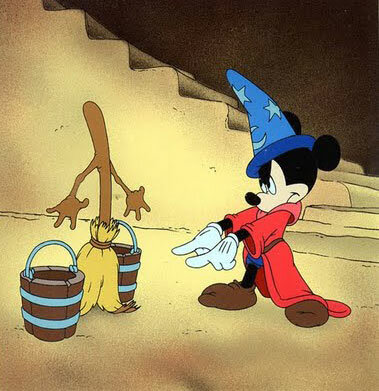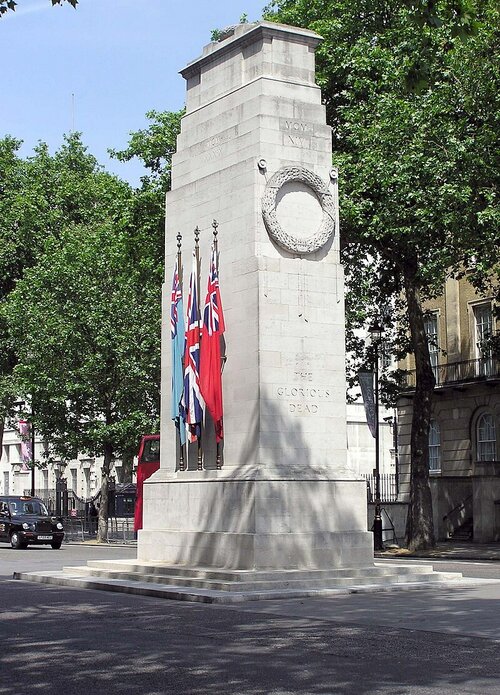Another nail in WWI offensives (on top of what's on my previous posts) relates to logistics. At some point during spring 1918 the germans stormtroopers had suceeded, through surprise attacks, digging big holes in the western front; direction a collapse, perhaps by taking Paris ? of course the Allies regrouped, counterattacked, and stopped the offensives.
The harsh reality however was that the germans logistics had become outstretched. They just couldn't follow the breakthrough.
So, back to my earlier posts:
1-If your WWI offensive, "protected" by a rolling barrage ahead of it, manage to reach the first or second line of defense...
2-You will lose the barrage because it took millions of shells to keep it going, and that was not sustainable more than a few days;
3-Also the barrage will be lost once you're out of your artillery max range, say: 20 km into ennemy territory;
4-Once there, you'll find additional defensive lines... third, fourth, fifth... 25 km and beyond...
5-With the bulk of ennemy troops, and fresh ones with that: they just waited a safe distance from your artillery max range !!
6-And even if you manage to break through them you will then oustretch your logistics;
7-Because your logistics now have to cross a couple dozen kilometers of smashed defensive lines... turned into a hellscape of craters, soon to be an ocean of mud.
8-Not only your logistics, but also tanks and artillery.
This is why WWI sucks so much.
-Wikipedia tells me the Race to the sea ended on
October 19, 1914.
-As for the Allies "100 days offensive" it started on
July 15, 1918: that was the day the deadlock was broken at last.
That's 1366 days.
https://www.timeanddate.com/date/durationresult.html?d1=19&m1=10&y1=1914&d2=15&m2=07&y2=1918&ti=on
Over those 1366 days there was no possibility of breaking the deadlock.
Technology in particular failed to provide a viable answer: poison gas failed, aircraft were not mature enough for truly efficient close air support, mass area bombing (comparable to artillery), or airborne drops behind ennemy lines. They couldn't transport heavy military gear above the ennemy lines.









